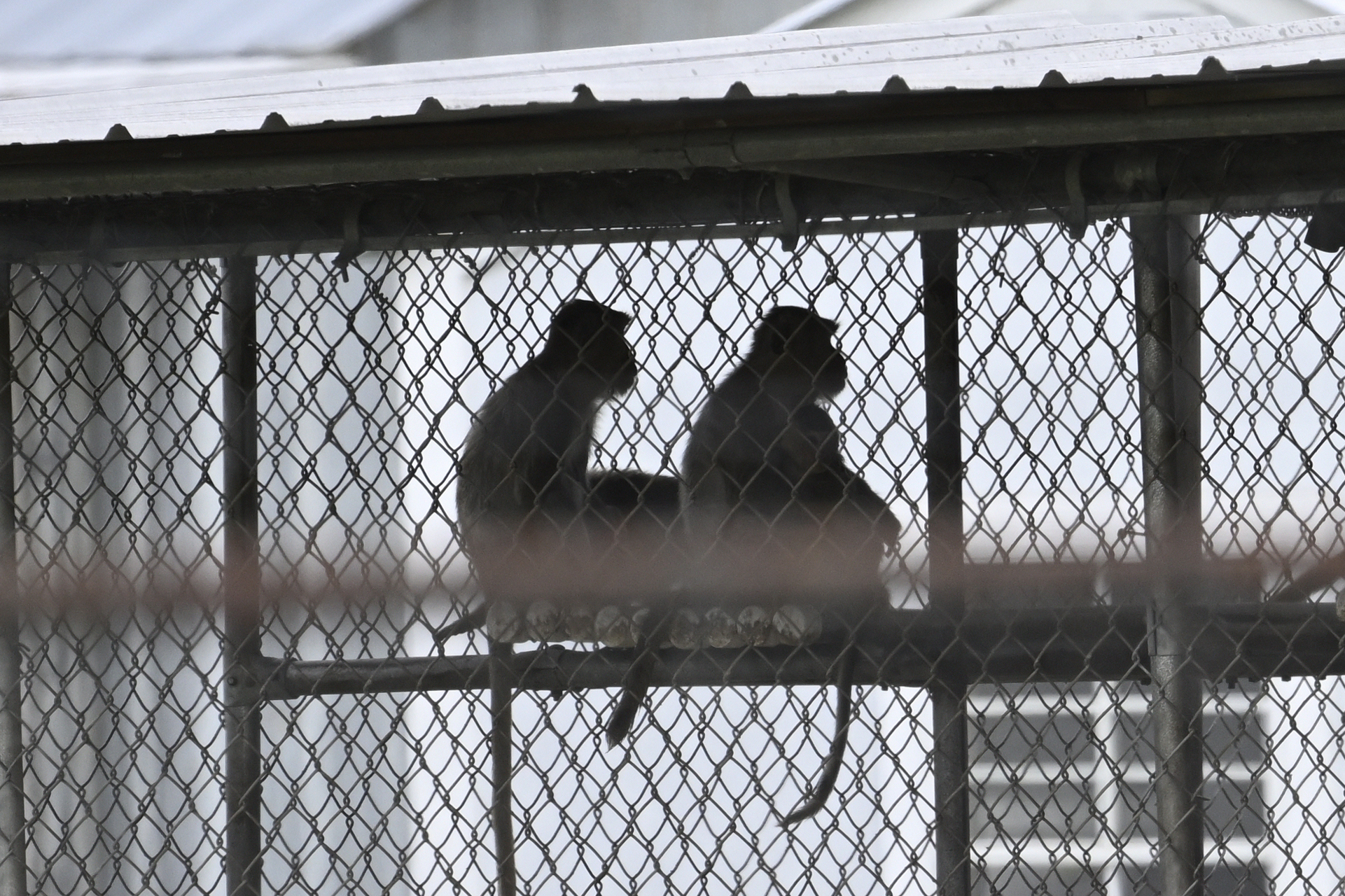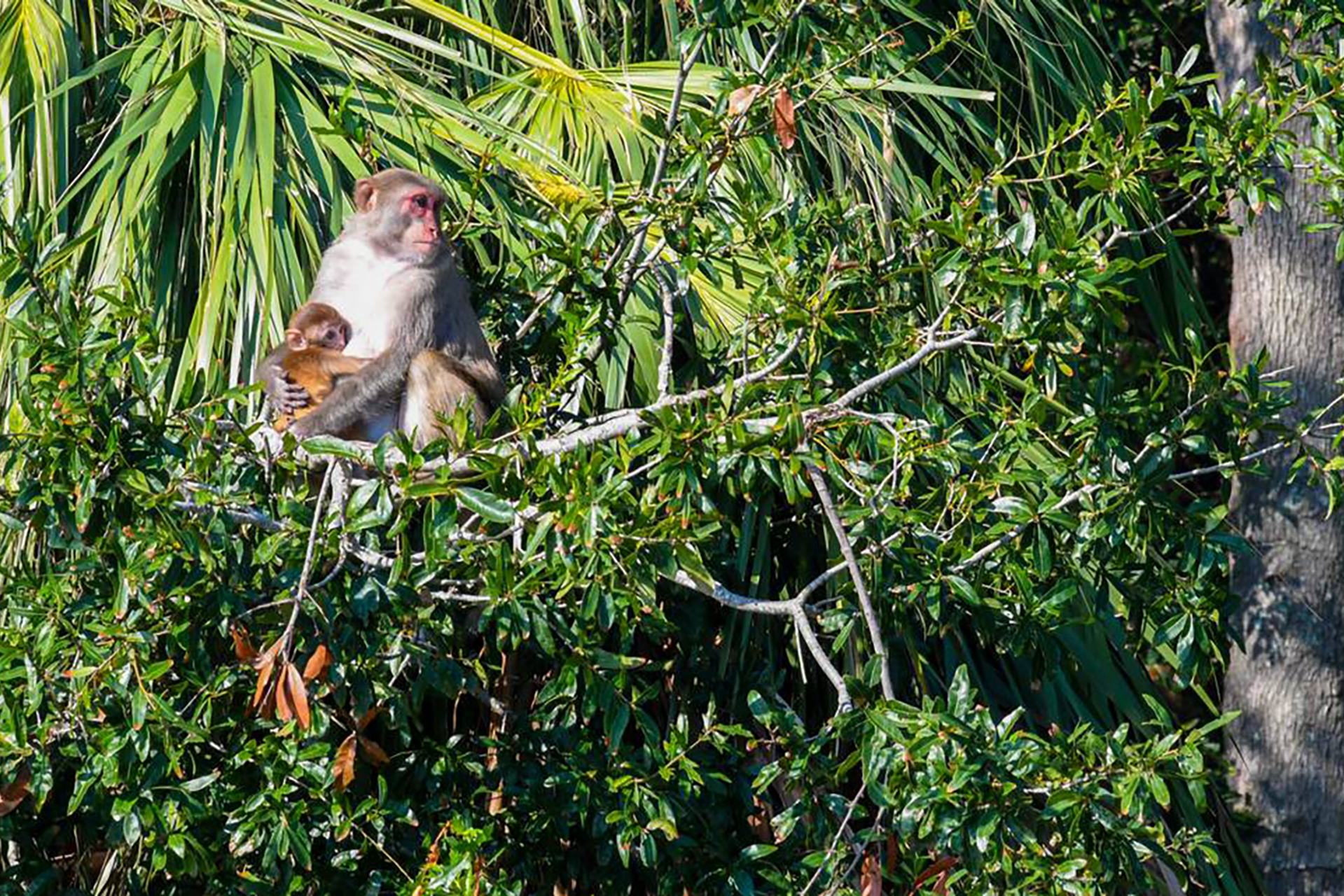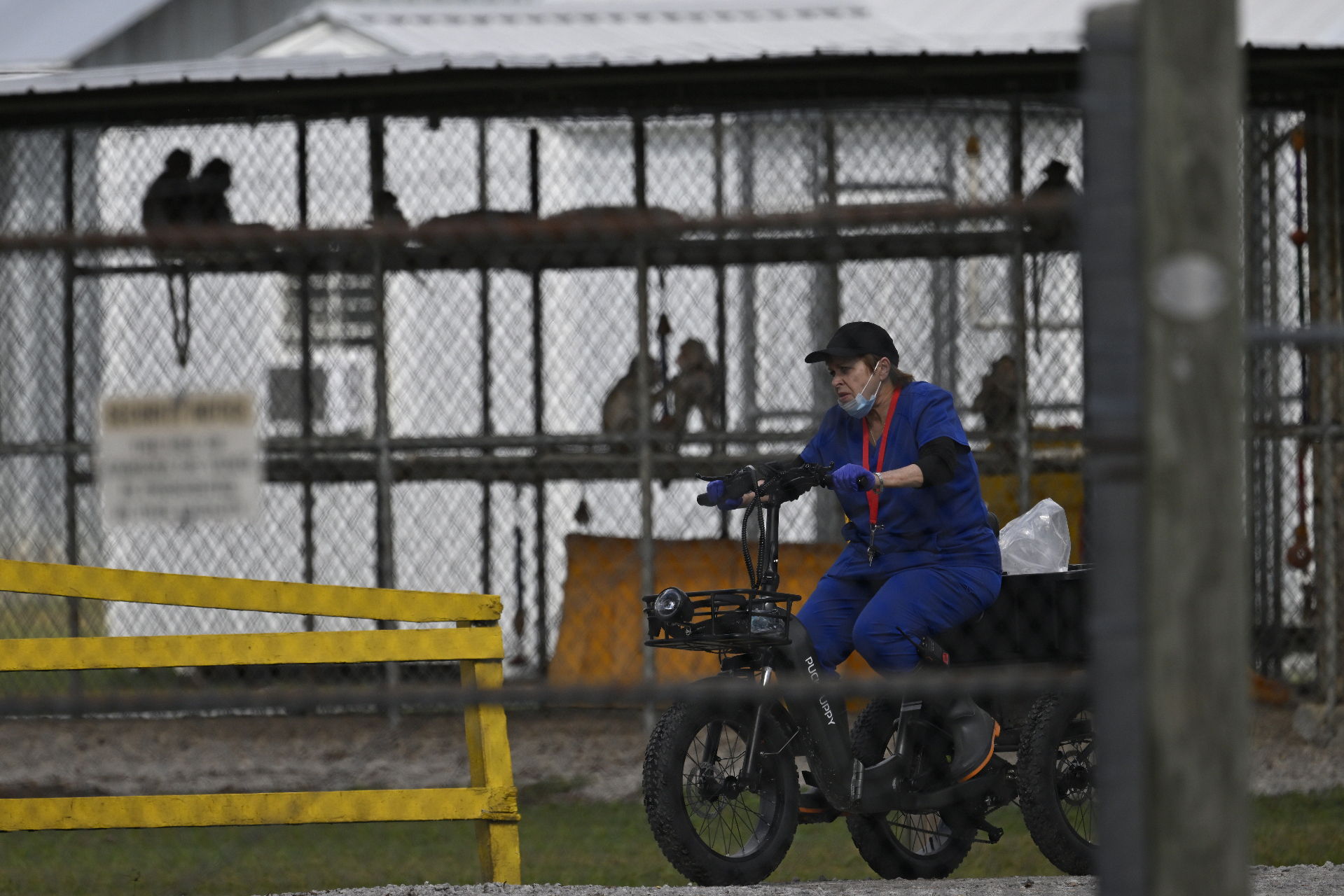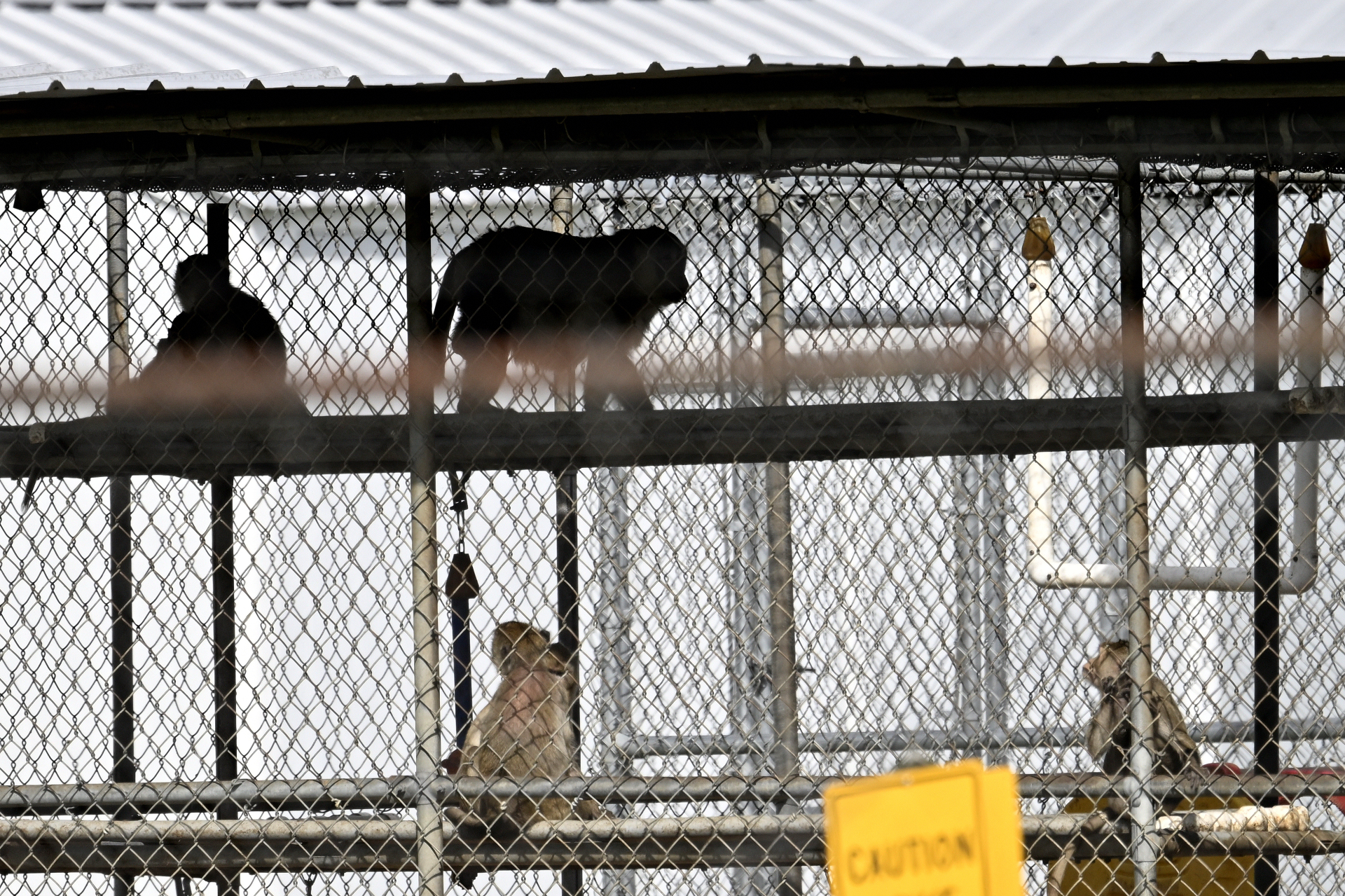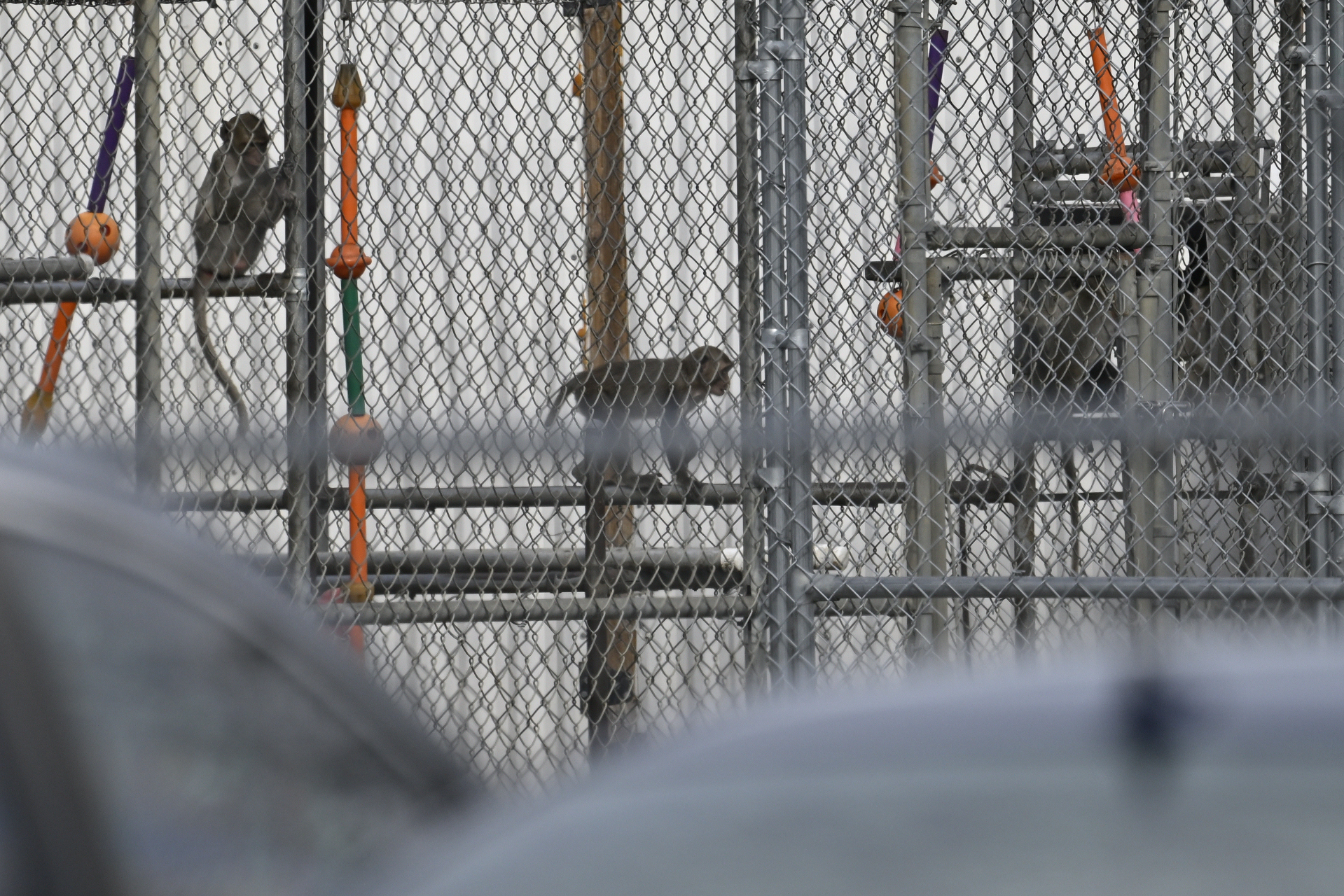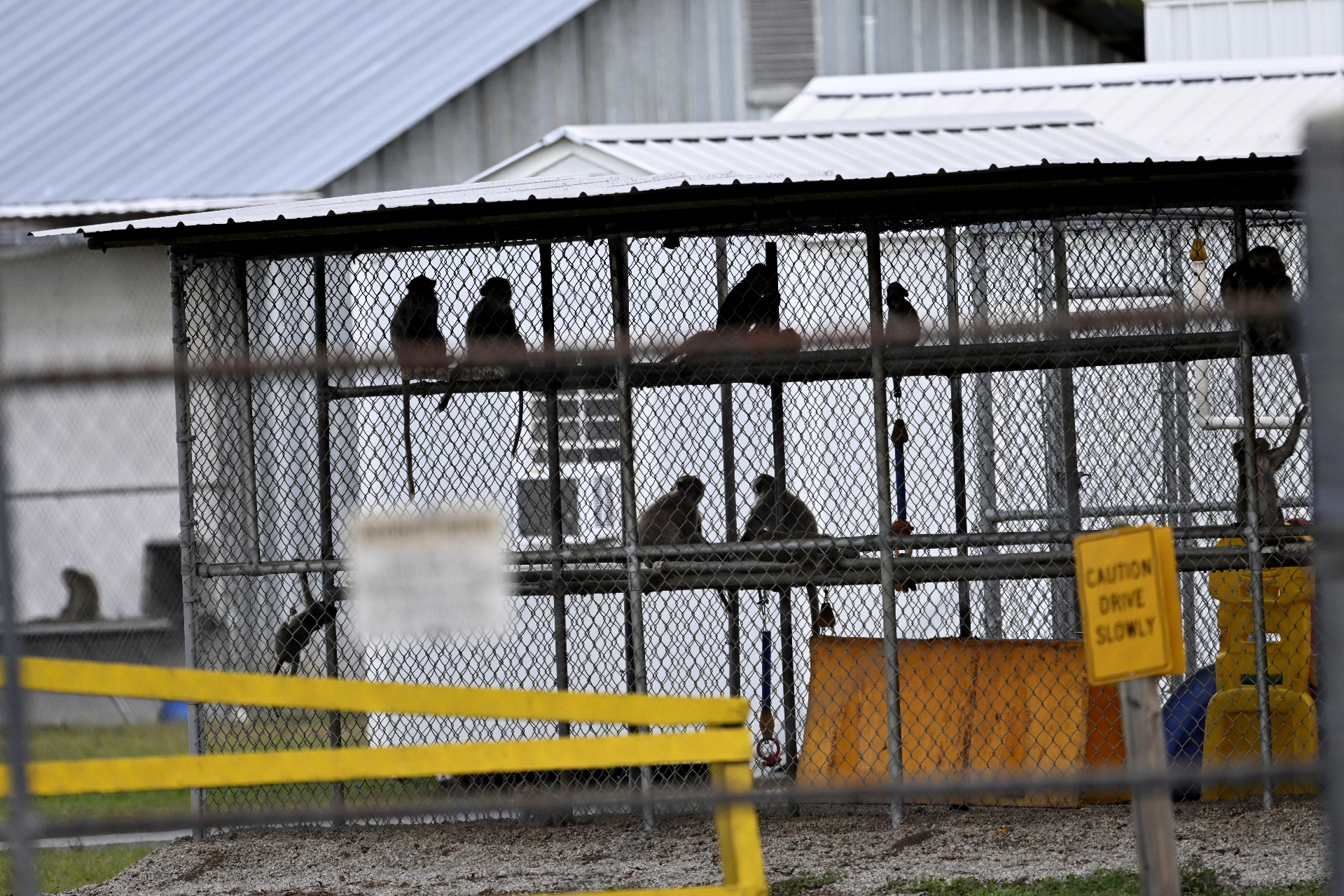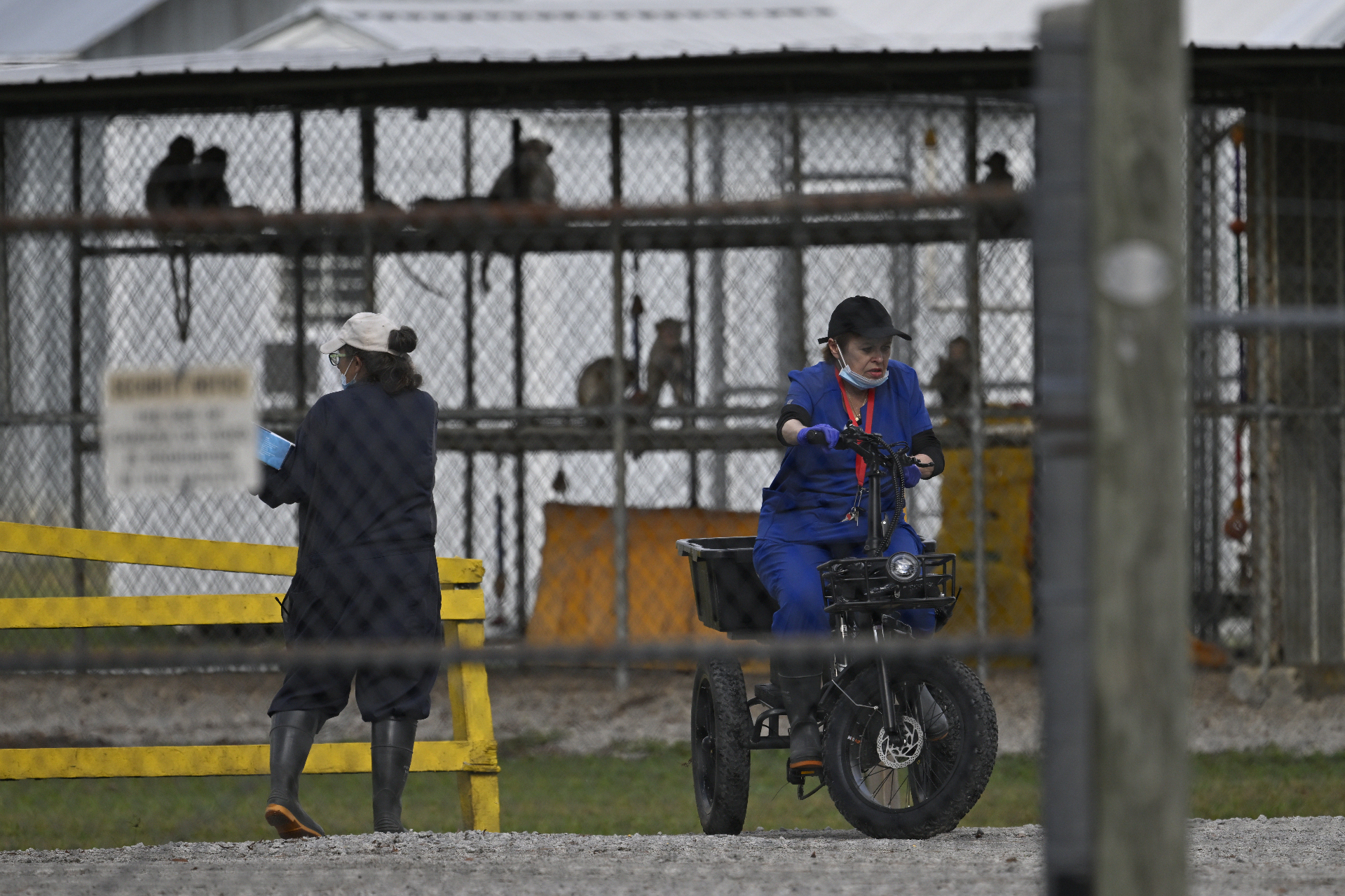A month after 43 monkeys escaped, a South Carolina lab is under scrutiny
Alpha Genesis, a research monkey company, is under scrutiny after 43 animals escaped from a lab in South Carolina. The incident unveiled malpractice and negligence.
According to AP News, an employee of Alpha Genesis failed to close an enclosure, allowing the female macaque to leave the compound, one mile from downtown Yemassee, on November 6.
“They are not infected with any disease whatsoever. They are harmless and a little skittish,” Yemassee Police Chief Gregory Alexander told AP News the morning after the escape.
By the weekend, Alpha Genesis and local police had recaptured more than 25 monkeys, AP news said. Still, a week after the incident, nearly a dozen were still out.
Alpha Genesis told AP News that the search would continue until they captured all the monkeys. However, according to local WBTV, they stopped giving updates nearly a month after the incident, with six missing animals.
It is not the first time Alpha Genesis has lost animals. In 2018, federal officials fined the lab after dozens of monkeys escaped, the AP reported. Officials said 26 escaped in 2014, and an additional 19 escaped in 2016.
After the escape, an internal whistleblower alerted Fox Carolina about several prior problems in the facility, including neglect of the animals, violence, and a general lack of care.
According to the local broadcaster, the whistleblower shared internal emails that described enclosures with moldy food or no food and at least three monkeys' starvation deaths.
The internal documents also referred to violent deaths after specimens left their enclosures and entered others, sparking fights. One of the victims was a 2-month-old which had its arm ripped off by an adult male.
The station also reported that PETA asked the Federal Government to punish the company after an employee alerted the organization about the death of around 20 monkeys due to a heating malfunction.
According to ABC News, the company received $19 million from the NIH in 2024, a jump from $14.2 million in 2023, $12.3 million in 2022, and $7.3 million in 2021.
The broadcaster said that the NIH wanted to promote local research monkey breeding after China stopped exporting the animals in 2020 when they were vital to creating COVID-19 vaccines.
Monkeys are not uncommon in research. They share most of the human DNA and can help scientists understand critical elements of human development.
More for you
Top Stories



